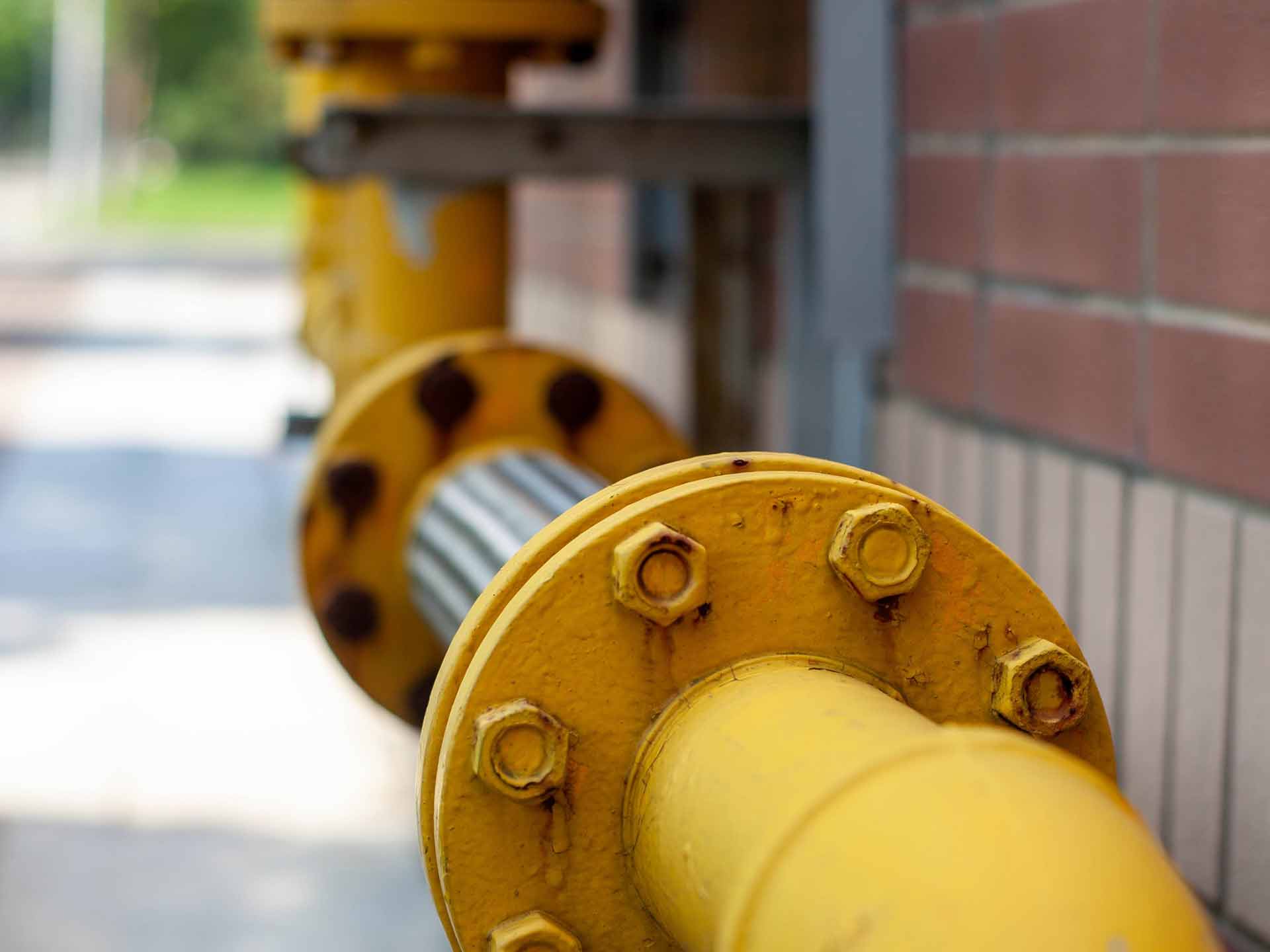
Regulations for industrial wastewater treatment plants: annual report, operating log and self-monitoring – Which regulations apply in the individual federal states?
Operators of industrial wastewater treatment plants are obliged to regularly monitor their plants and document the results. These obligations include the preparation of an operating log and an annual report, whereby the specific requirements vary depending on the federal state.
Both documents are essential for the legally compliant operation of a wastewater treatment plant and help to ensure transparency, environmental compatibility and long-term operational safety.
Keeping the company diary
I take control of the proper management of the operating log. The operating log is a continuous documentation of the daily operation of the wastewater treatment plant. It serves as the basis for the annual report and provides a detailed overview of operating conditions, control measurements and special incidents.
- Date and time of each entry
- Daily operating parameters (e.g. pH value, temperature, flow rate)
- Results of self-checks and measurements
- Chemicals used and quantities consumed
- Maintenance and cleaning work
- Faults, alarms and their causes
- Measures taken to rectify faults
- Special incidents (e.g. storms, flooding, unexpected discharges)
Preparation of the annual report
The annual report for industrial wastewater treatment plants documents the operational processes and compliance with legal requirements throughout the year. It serves as proof for authorities and enables a long-term assessment of plant efficiency and any environmental impact.
- Operating times of the system (incl. downtimes and maintenance)
- Quantities of treated wastewater (inflow and outflow values)
- Results of self-monitoring (analyses in accordance with official requirements)
- Compliance with limit values (exceedances and corrective measures)
- Maintenance and servicing measures (repairs carried out, replacement of components)
- Faults that occur and measures taken to rectify them
- Chemical consumption and operating resources used
- Special events or deviations in the operating process
Regulated by state-specific ordinances
The operator obligations for industrial wastewater treatment plants, in particular with regard to annual reports, operating logs and self-monitoring, are regulated in Germany by federal and state-specific ordinances. Below you will find an overview of the applicable ordinances in the individual federal states, including the annual deadlines, special features and further links *:
| Federal state | Current regulation | Annual deadline for submitting the annual report | Specialities | Link |
|---|---|---|---|---|
| Baden-Wuerttemberg | Baden-Wuerttemberg Self-Monitoring Ordinance (EKVO) | Operating documentation must be submitted to the water authority on request and confirmed at least quarterly by the water protection officer or a senior employee. | EKVO Baden-Württemberg | |
| Bavaria | Ordinance on the self-monitoring of wastewater treatment plants (EÜV) | Annual report by 1 March of the following year at the latest | The form, minimum content and scope of the annual reports must be observed. | EÜV Bayern |
| Berlin | Berlin Water Act (BWG) | Scope and frequency of self-monitoring according to the notice | BWG | |
| Bremen | Bremen Water Act (BremWG) | Scope and frequency of self-monitoring according to the notice | BremWG | |
| Brandenburg | Brandenburg Water Act (BbgWG) Technical rules for the self-monitoring of wastewater systems (TRSüw) | Scope and frequency of self-monitoring according to the notification and/or at the request of the authority | TRSüw | |
| Hamburg | Hamburg Wastewater Act (HmbAbwG) | Can be presented to the authorities at any time upon request | Scope and frequency of self-monitoring according to the notice | HmbAbwG |
| Hessen | Hesse Self-Monitoring Ordinance (EKVO) | Annual report by 1 March of the following year at the latest | The water authority may request the submission of interim reports. | EKVO Hessen |
| Mecklenburg-Western Pomerania | Ordinance on the self-monitoring of wastewater plants and wastewater discharges (Self-Monitoring Ordinance – SÜVO M-V) | Annual report by 1 March of the following year at the latest | SÜVO M-V | |
| Lower Saxony | Lower Saxony Water Act (NWG) | Scope and frequency of self-monitoring according to the notice | NWG | |
| North Rhine-Westphalia | Self-monitoring ordinance for wastewater (SüwVO Abw) | SüwVO Abw NRW | ||
| Rhineland-Palatinate | Self-Monitoring Ordinance Rhineland-Palatinate (SÜVOA) | Annual report by 10 March of the following year at the latest | SÜVOA Rheinland-Pfalz | |
| Saarland | Saarland Self-Monitoring Ordinance (EÜVO) | Annual report by 31 March of the following year at the latest | Checking the operating log once a month by the water protection officer | EÜVO Saarland |
| Saxony | Saxon Self-Monitoring Ordinance (SächsEKVO) | Annual report by 31 March of the following year at the latest | SächsEKVO | |
| Saxony-Anhalt | Saxony-Anhalt Self-Monitoring Ordinance (SÜVO LSA) | SÜVO LSA | ||
| Schleswig-Holstein | Schleswig-Holstein Self-Monitoring Ordinance (SüVO) | Annual report by 31 March of the following year at the latest | SüVO Schleswig-Holstein | |
| Thuringia | Thuringian Self-Monitoring Ordinance (ThürEKVO) | Annual report by 31 March of the following year at the latest | Checking the operating log once a month by the water protection officer | ThürAbwEKVO |
*) The information in the table is only a rough summary and is not binding. Offices and authorities can adapt or individualise their guidelines and regulations at any time.
My services include preparing the annual report, keeping the operating log, laboratory analyses, system optimisation and personal on-site support. Together we can clarify your individual needs.

Your contact
Dipl. Ing.
Marcus Färber
© 2024-2025 Ingenieurbüro Färber
